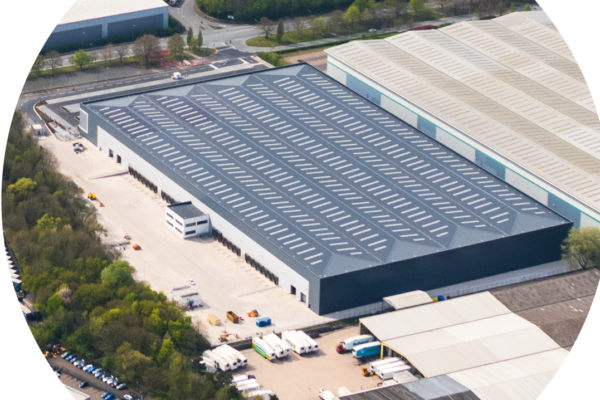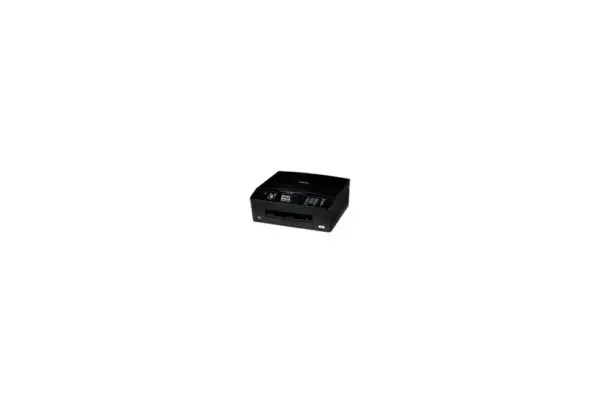
Introduction
The International Islamic Trade Finance Corporation (ITFC) plays a critical role in fostering trade relations and providing financing solutions for developing countries. Established in 2008 under the umbrella of the Organisation of Islamic Cooperation (OIC), the ITFC has consistently worked towards improving the economic landscape of its member states through trade finance. With global supply chain disruptions and economic challenges heightened by the COVID-19 pandemic, the significance of ITFC’s work has become increasingly relevant.
Role and Initiatives of ITFC
In its mission to encourage international trade, particularly in OIC member countries, the ITFC has implemented several initiatives. These include providing financial products based on Islamic finance principles, such as Murabaha and Ijarah, which aid countries in obtaining the necessary funds for importing essential goods. For instance, in 2022, ITFC offered over USD 1 billion in trade financing to various countries, facilitating the import of food, medical supplies, and other critical infrastructure materials.
Moreover, the ITFC has launched various capacity-building programs aimed at enhancing trade skills among entrepreneurs in member states. These initiatives have proven vital for countries facing challenges in accessing financial markets, providing local businesses with the necessary tools to expand and contribute to economic growth.
Recent Developments
In recent months, the ITFC has ramped up its efforts in response to the global economic shifts. In April 2023, it announced a collaborative agreement with multiple stakeholders to launch a new fund aimed at supporting trade development projects in African OIC countries. The fund is expected to yield significant impact, fostering regional trade integration and facilitating investments in various sectors, such as agriculture and manufacturing.
Additionally, ITFC’s focus on sustainable development is crucial as it pivots to address climate change challenges. By promoting sustainable trade practices and financing projects that align with the UN Sustainable Development Goals (SDGs), the ITFC is positioning itself as a leader in green financing within the Islamic finance landscape.
Conclusion
The role of the International Islamic Trade Finance Corporation has never been more vital, as developing countries strive to navigate economic uncertainties. As the global economy continues to evolve, ITFC’s initiatives will likely foster resilience and promote sustainable growth. By facilitating trade financing and capacity building, the ITFC not only enhances the livelihoods of individuals in developing countries but also contributes to long-term global economic stability. Observers predict that with the right strategic collaborations, ITFC could significantly bolster trade flows and further support economic recovery efforts for its member states in the coming years.
You may also like

The Importance of Building a Sustainable Company

The Dynamics of Price in the Modern Economy

The Importance and Relevance of MFC in Modern Development
SEARCH
LAST NEWS
- Remembering Wendy Richard: The Promise to Co-Star Natalie Cassidy
- How Did Anglian Water Achieve an ‘Essentials’ Rating for Mental Health Accessibility?
- Shai Hope Leads West Indies in T20 World Cup Clash Against South Africa
- What We Know About Weston McKennie: Future at Juventus and Past at Leeds
- What We Know About the Upcoming Live Nation Antitrust Trial